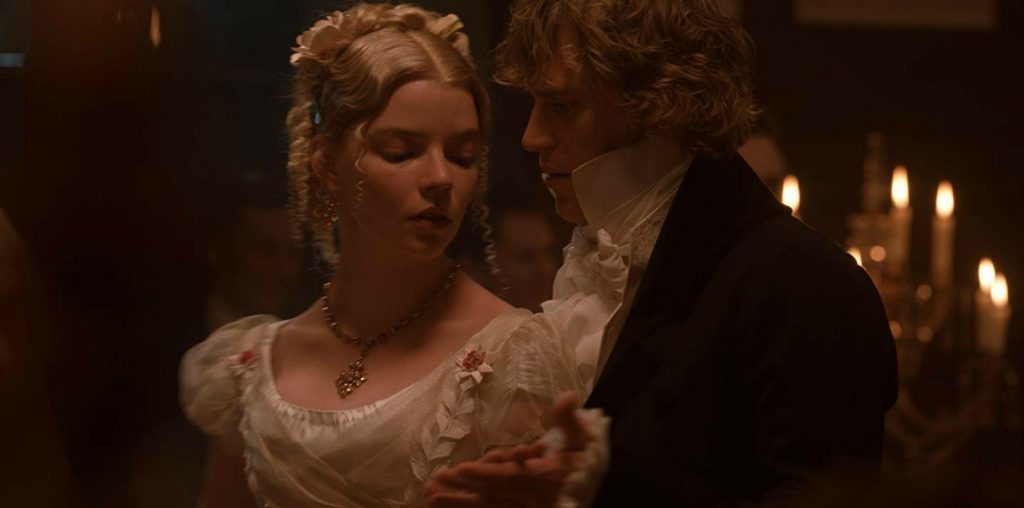
In the wake of Takashi Miike’s growing popularity as an unpredictable director spearheading Japan’s latest wave of cinema, Artsmagic DVD has released two of his early features. Based on the written works of Riichi Nakaba, “Young Thugs: Innocent Blood” is a 1997 film following the rough-and-tumble adventures of three Osaka street toughs. According to an interview with Miike included on the disc, this is the second version of “Young Thugs:” the first was shot in 1996 by Kazuyuki Izutsu as “Boys Be Ambitious”. Miike has also filmed a prequel to the movie, “Young Thugs: Nostalgia,” (1998) which is also available from the Artsmagic DVD catalog.
“Young Thugs: Innocent Blood” follows the rather aimless existences of adolescents Riiche (Koji Chihara), Tetsuo (Kyosuke Yabe), Yuji (Yasushi Chihara), and Ryoko (Sarina Suzuki). Inseparable best friends who share an apartment, they humor themselves by pranking teachers, instigating street brawls (at one point impaling a foe’s leg with a harpoon gun), and juggling the usual assortment of heartaches, hot cars, and parties.
However, Miike handles this familiar material with his usual bag of surprising twists and turns. When we initially meet lovers Riiche and Ryoko, they’re ending a turbulent relationship. But Miike defies the rules of chronology, pulling us back in time to examine how their relationship went sour. As the film leads up to this tragic breakup, Miike establishes both lovers as unusual, complicated souls. Ryoko radiates elegant maturity, even as she is attracted to Riiche’s macho chest beating. Riiche, who looks like a Vulcan relative of Leonard Nimoy, is all testosterone and impulsivity until he cheats on Ryoko with a former classmate turned vampish prostitute.
“Young Thugs: Innocent Blood” chronicles hothead Riiche attempting to change his combustible, street-fighting ways and become a peacenik after dumping Ryoko for this new, violence-hating squeeze. Ironically, his attempts at mellow passivity merely make him an easier target for Osaka’s rump-punting hoodlum hordes, which perceive Riiche as a wimp. Suddenly, he’s suffering twice the bruises as before. On the periphery of this twisting Tsunami of a love triangle, Ryoko’s best friend Masae (Hiroko Nakajima) hooks up with Yuji to establish a separate branch of romance.
The film isn’t on par with Miike’s best work, full of pregnant pauses and limp pacing. But it captures a real feel for the industrial, working-class communities of Osaka, with their ramshackle, tin-roofed houses and weathered human faces. Music is effectively used to establish tone, with lively jazz injected into upbeat scenes while moody, Hendrix-inspired blues guitar anchors the film’s more melancholy moments. Meanwhile, there is one completely unexpected mind-f**k of a moment which ranks with the director’s most radical onscreen spell casting. I won’t spoil the surprise, other than to say it is – quite literally – a “spark” of pure genius.
The disc also includes an incredible interview with Miike, whose insight into his films is always thoughtful and fascinating. For example, the director outlines a unique strategy used to script “Young Thugs: Innocent Blood,” in which a male writer scribed the male parts, while a female writer took on the female perspectives. “They were given the exact same locations and information on the film,” claims Miike, before the two sections were melded together into a cohesive whole. Miike also admits that as he gets older, he finds himself adding more technique to compensate for a diminished sense of emotion. “We lose a lot of emotions as we get older,” he laments.
“Young Thugs: Innocent Blood” might be second string Miike, but the interview – complimented by trailers and a documentary entitled “Osaka People” – make this disc a must-have for fervent followers of the visionary Nippon wild man behind “Audition” and “Happiness of the Katakuris.”
